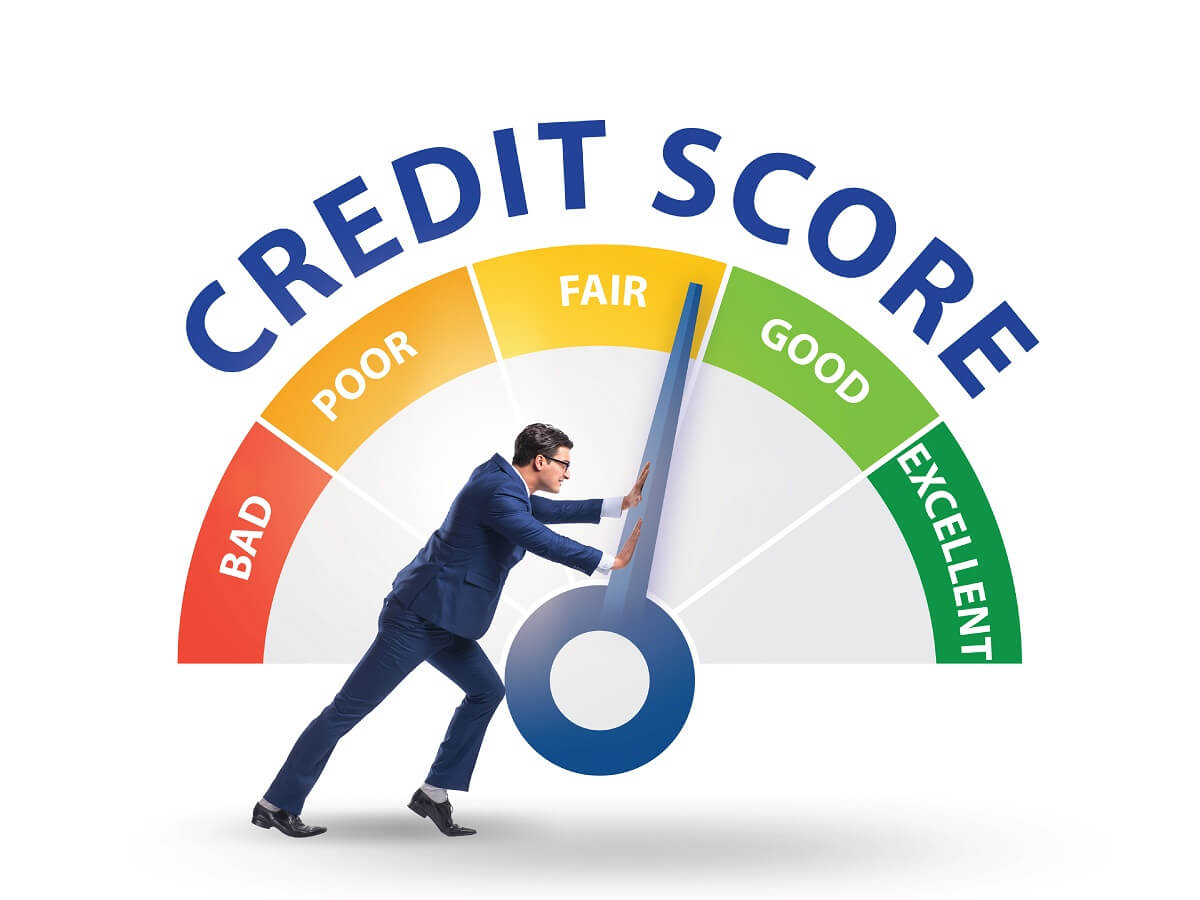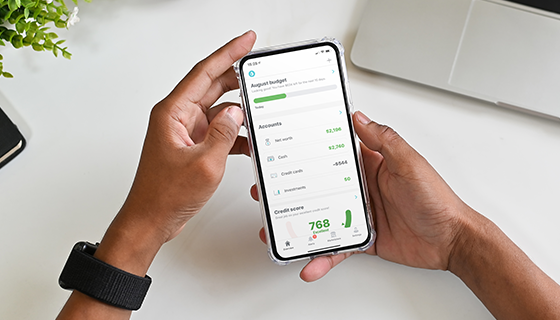Understanding Credit Scores: What You Need to Know

A credit score is more than just a number—it’s a financial identity that affects many aspects of your life, from qualifying for a home loan to determining the interest rate on a credit card. Despite its importance, many people don’t fully understand how credit scores work or why they matter. In this article, we’ll explore what credit scores are, how they’re calculated, why they matter, and what you can do to improve yours.
What Is a Credit Score?
A credit score is a three-digit number, typically ranging from 300 to 850, that represents a person’s creditworthiness. This score is calculated based on your credit history and helps lenders assess how risky it might be to lend you money. The higher your credit score, the more likely you are to be approved for loans or credit cards and receive favorable terms, such as lower interest rates.
In India, credit scores are usually provided by agencies like CIBIL (Credit Information Bureau India Limited), Experian, CRIF High Mark, and Equifax. Among them, CIBIL is the most widely used and generally considered the standard. In the U.S., agencies like FICO and VantageScore dominate the credit scoring space.
Most scoring systems use similar factors to calculate a score, and the most common ranges are:
-
300–579: Poor
-
580–669: Fair
-
670–739: Good
-
740–799: Very Good
-
800–850: Excellent
These ranges help financial institutions decide how to manage their risk when offering credit. A score above 750 is usually seen as a green flag by lenders.
How Is a Credit Score Calculated?
Though each credit bureau has its own algorithm, the general structure of how a credit score is calculated includes several consistent factors:
-
Payment History (35%)
This is the most significant factor. Timely payments on credit cards, loans, and EMIs indicate responsible behavior. Missed or late payments can significantly hurt your score. -
Credit Utilization (30%)
This refers to the ratio between your credit card balances and your credit limits. Keeping your usage below 30% of your total limit is typically recommended. -
Length of Credit History (15%)
The longer your credit history, the better. Lenders like to see a proven track record of responsible borrowing and repayment. -
Credit Mix (10%)
Having a variety of credit types—credit cards, home loans, auto loans, etc.—can boost your score, showing you can manage different types of debt. -
New Credit Inquiries (10%)
Applying for several loans or credit cards in a short time may lower your score temporarily, as it suggests a higher credit risk.
Each of these factors plays a role in the overall score, so improving in even one area can make a noticeable difference over time.
Why Credit Scores Matter
Credit scores aren’t just used by banks or credit card companies. They can affect your life in multiple ways:
-
Loan Approvals: Whether you're applying for a personal loan, car loan, or home loan, your score is one of the first things lenders check.
-
Interest Rates: A high credit score often means lower interest rates, which translates into significant savings over the life of a loan.
-
Credit Card Offers: Those with good credit scores are more likely to receive premium credit card offers with higher limits and better rewards.
-
Employment Background Checks: In some countries, employers review credit reports as part of the hiring process.
-
Rental Applications: Landlords may use credit scores to decide if you’re a reliable tenant.
In short, your credit score impacts your financial credibility and can either open doors or close them.
How to Improve Your Credit Score
Improving your credit score isn’t an overnight task, but it is very achievable with discipline and planning. Here are some practical steps:
-
Pay Your Bills on Time: Always make at least the minimum payment before the due date. Set reminders or enable auto-debit features to stay consistent.
-
Reduce Credit Card Balances: Try to keep your credit utilization low. If possible, pay your full balance each month.
-
Avoid Unnecessary Credit Inquiries: Too many hard inquiries can drop your score. Apply for credit only when needed.
-
Check Your Credit Report Regularly: Mistakes on your credit report can harm your score. You’re entitled to one free report per year from each bureau, so review them and dispute inaccuracies.
-
Maintain Older Accounts: Older credit accounts contribute positively to the length of credit history. Avoid closing them unless necessary.
-
Use a Mix of Credit Types: If you only use one type of credit, consider responsibly adding another, such as a small personal loan or a secured credit card.
Understanding the Timeline
Improving your credit score takes time. Some changes, like paying off a large debt, may show effects in a few months. Others, like building a longer credit history, take years. But consistent positive behavior can gradually move your score in the right direction.
For example, if your credit score is 600 and you focus on reducing your debt and making on-time payments, you might see a 50- to 100-point improvement within six months to a year. However, if your score is already above 750, improving it further requires a more strategic and disciplined approach, often over a longer period.
Final Thoughts
A good credit score is an essential part of a strong financial foundation. Whether you're planning to buy a house, start a business, or simply enjoy better financial options, your credit score will likely play a central role. It’s not just about borrowing money; it’s about being trusted with it.
Staying informed, making responsible financial choices, and monitoring your credit health can help you build and maintain a credit score that supports your goals. In today’s financial landscape, understanding your credit score isn’t optional—it’s necessary.
What's Your Reaction?
 Like
0
Like
0
 Dislike
0
Dislike
0
 Love
0
Love
0
 Funny
0
Funny
0
 Angry
0
Angry
0
 Sad
0
Sad
0
 Wow
0
Wow
0






:max_bytes(150000):strip_icc()/WhatIsVolumeofaStock-12741bcb2f4348b1a7b684ddc1a6e1d7.jpg)












